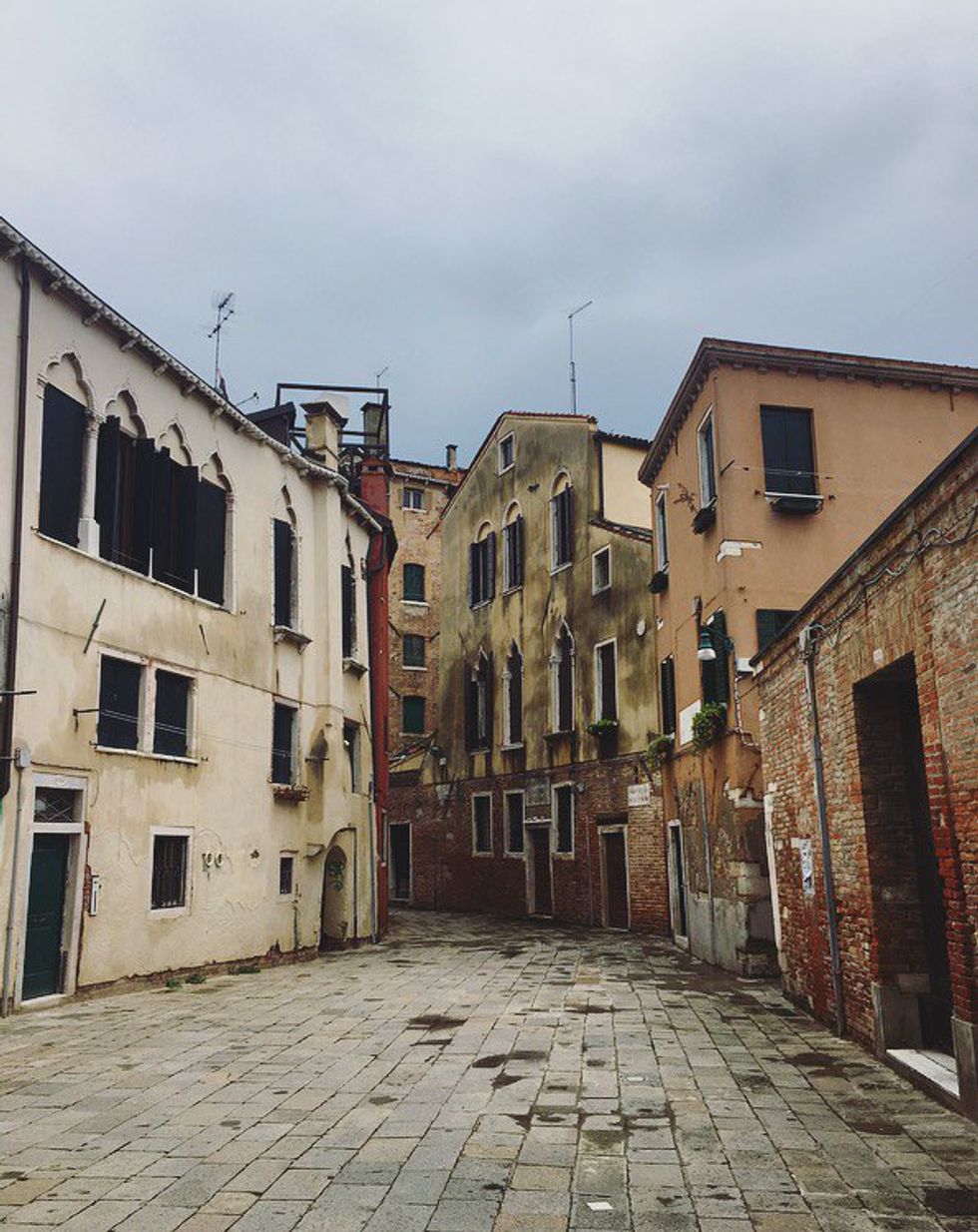We snap photos to relive the moment, but do we even live the moment in the first place? Travel is a full-body experience. When we explore a new place, our sense of sight tends to take over. We want to take in everything we see—the architecture, the people and the scenery. Often, we forget that our other senses exist too. There are an infinite number of things we can hear, smell, touch and taste when we travel. Unfortunately, these senses tend to fall to the back burner because the sights are so breathtaking. By taking a moment to account for each of your senses, you can observe your new environment in an entirely new and wholesome way.
Hearing
Take a moment to really listen to the sounds that surround you. Notice the languages other people speak, the tones and inflections in their voices and the speed of which they speak. Listen to the way people laugh and how all laughter is a universal sound. It is all so beautiful, different and incredible.
When no one is around, listen to the animals. Birds chirp differently in different places, even if they look like the same birds we have at home. Take note of the calls and how other birds return them.
When you’re standing in a plaza, waiting for food at a restaurant, walking through an open-air market or standing in a crowd, listen to the music people play. The street performers, the radio, outdoor concerts—take it all in. You never know when a certain song will play again once you’re home and take you back to a certain moment abroad.
Smelling
You’ve heard it a million times, but stop and smell the roses! No, really. Smell all of the flowers you encounter—most of them smell lovely. Whenever I travel, I pick a few flowers in each place I go and press them in my travel journal, which provides a really unique and free souvenir. Once you start to observe the flowers and other plant life that surround you, you start to notice other little things too.
When you try new foods, take note of the smell of the restaurant and the food they cook. Remember the smell of the pastries at a bakery, the waffle cones at a gelateria and the freshly cooked meals. One day years later, a smell may catch your nose and take you back to a very specific moment. After all, scent is the strongest trigger for memory. One way you can attach a scent to a memory is by wandering into a perfumery while abroad and pick out a scent you love. Wear the perfume or cologne throughout the trip and once you return home, the smell will remind you of specific—sometimes random—moments.
Touching
While wandering through a new city, place your hand on a wall and trace your fingers as you walk. Feel the grooves of the buildings and the gravity of how old many of the structures are. Let the age of the place sink in. Take the time to realize how many people have seen any given building and how many don’t even notice it.
Embrace the turbulence of the plane, feel the bumps on the train tracks and the lean from putting on the brakes. Be present in the moment and feel every slight movement.
Take off your shoes and run through a field of grass. Feel the soil of a new place under your feet. Think about whether it rained recently or if the grass needs water. Take in every detail.
When you finally crawl into bed after a long day, feel the mattress and the way it fits against your body. Run your fingers along the blankets and notice the texture. Notice the softness of the bed miles from home. Take a deep breath and completely collapse into the sheets.
Tasting
No matter how hungry you are, savor the food. Take a moment to really acknowledge the flavor, the texture and the temperature. Notice the quality and the love that goes into every meal. Try things you have at home, like bananas or tomatoes or eggs. Taste the difference. Buy produce from a local market and savor every bite of juicy fruit and farm-fresh vegetables. Realize how much better and different things taste. Try things you normally wouldn’t eat as well. Branch out because you never know when you’ll discover your new favorite meal.
Seeing
Put down the camera. Be in the moment. Cherish every second and don’t view your entire trip through a lens. Snap a few photos to remember special moments, but every second does not need to be remembered.
Notice the color of things—how the trees may be greener than those back home, or how people paint their homes orange instead of brown. Look at what people are wearing and see how fashion trends differ from country to country. Observe the way the light looks at different parts of the day. Get up early and watch a sunrise in each country, and wait for the sunset every evening. Look at the shadows and reflections and tricks of the light. Notice it all. Remember it all.
Travel isn’t only about the historical monuments and tourist attractions. It’s the littledetails that make each place unique and different. Don’t get too caught up in the big things; take a step back every so often and focus on each of your senses. In the moment, the experience will be much richer, but once you get home the memories will be even better.
























